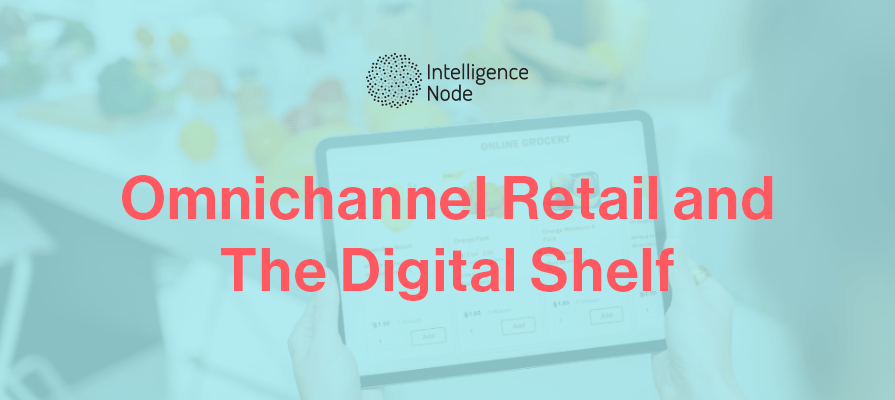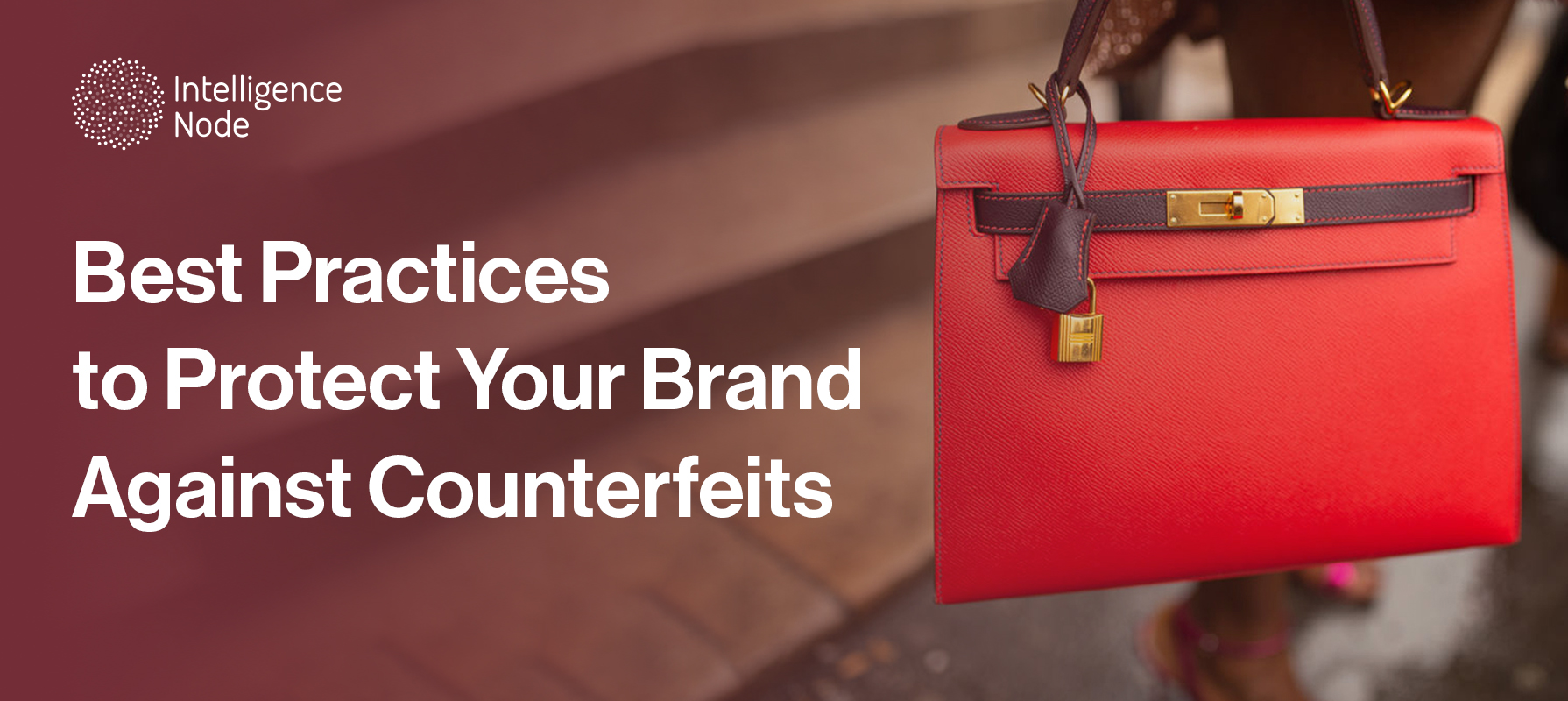The struggle is real, people. Millennial moms are exhausted and busier than ever, juggling work and family while creating cherished memories during a scrumptious, Pintrest-worthy stage of life.
Simultaneously, millennial moms represent a fierce force that’s reinventing retail. These savvy shoppers are disrupting this sector with their vocal demands and strong social influence. That’s why it’s crucial for retail companies to understand – and appease – these smart, assertive shoppers and their families.
The maternity market needs to start adulting and evolve with the new-age moms. Right now companies seem to be ignoring these ladies, which is odd because these retail drivers and influencers are collectively growing and maturing and procreating as you read this. The industry needs to evolve with the generation that is wiling to spend way more on their off springs than they ever did on themselves, $8 avocado toasts included. With an estimated spending power of $2.4 trillion lying with moms alone, parents today spend 2x more time with their kids than previous generations.

In the U.S. alone, approximately 1 in 5 moms (22%) is a millennial mom, representing 9 million women. Yet they feel misunderstood, as 42% say “most advertising and marketing is not geared toward women like me.” Retail must pay close attention, as Adweek found 51% of millennial moms trust recommendations from other millennial moms. In response, retail companies can increase their relevance, sales and word-of-mouth by delivering the marketing and innovative products millennial moms crave.
Profit By Pampering Preggos
Maternity apparel really needs to get with the times. Lose the tent dresses because today’s sultry, fashion-conscious women want to swagger while they’re “with child.” Armed with disposable income, millennial moms demand products that reflect their vivacious personalities and sense of style.
The global maternity apparel market is expected to reach $9 billion by 2023 with a compound annual growth rate of more than 2% from 2016–2023. Increasing birth rates, rising disposable income and growing awareness about maternity care fuel market demand.
While maternity apparel is in demand, stats for motherhood and childbirth paint a blurry picture. In the U.S., the fertility rate is at its lowest point ever. Forty years ago, the average age of a new mother was 21. Today it’s 26, as birth control, female empowerment and heavy debtloads following the 2008 economic downturn have delayed motherhood.
Key growth in maternity apparel will come from products that help millennial moms feel beautiful during this milestone phase of their lives. For instance, chic maternity label Storq earned 70% year-over-year sales by foregoing frumpy fashions for quality and aesthetic appeal.
Retail Winners Nurture Millennial Moms
Today’s first-time moms place a premium on comfort and fashionably showing off their bump. Major players in maternity apparel include ASOS, Seraphine, Cake Maternity and Destination Maternity. While fast fashion leaders like ASOS, H&M, Mango and Target are getting better at addressing mothers’ needs, they’re taking slow cautious steps.
To stay relevant, ASOS treats its maternity line seriously, reflecting what’s hot to make mothers-to-be feel confident and attractive. ASOS adds trendy styles to its maternity line, including skater dresses in bright prints, clingy tops with strategic cut-outs, and stretchy jumpsuits. The company also considers postnatal needs, such as easy access nursing features to improve the customer experience with thoughtful design.

High street fashion retailer Mango launched a maternity collection made predominately from cotton for comfort and breathability. Its best-selling jeans are suitable for pregnancy. Jeans are incredibly important staples, as millennial moms won’t settle for badly fitting jeans even with a bulging belly. That’s why companies like Maternity, Jessica Simpson and Destination Maternity have embraced the secret fit jean with a stretch panel that makes room for the baby to grow. H&M offers trendy, affordable maternity items for both before and after the baby is born, so these items have a longevity of more than a few months. Meanwhile, Target’s cute, affordable maternity line ensures women don’t lose their sense of style and “adapt to who she is.”
Hot Cross-Category Opportunities
Multiple retail categories need to evolve to address the changing needs of millennials starting families. In grocery, millennial moms crave more than avocado toast. That’s why, in 2016, Whole Foods launched the 365 by Whole Foods Market chain to address demand for organic, eco-minded natural and organic food, and wellness products for young families.
Health and wellness matter to these parents, who value fresh products, including foods labeled all-natural, non-GMO, low or no sugar without artificial ingredients.[v] Millennial moms also desire healthy, portable snacks to keep them energized while they’re on the go, which makes nutrition bars like those made by KIND Healthy Snacks so popular among millennial moms.
Prepared foods are another major growth area for busy young moms. Seeking convenience, 62% of millennials had purchased deli prepared foods, restaurant delivery or fast food. Millennials also insist on knowing where their food comes from and what makes it different, special and relevant to them. For transparency, German smoothie supplier True Fruits uses recyclable glass bottles and its labels clearly show the proportion of each fruit to help consumers visualize the ingredients.
To announce the sex of their baby, millennial moms hold gender reveal parties, which have sparked growth in party retailers like Party City and Bump Reveal for their pink and blue balloons, confetti and smoke bombs. There’s even a Gender Reveal Cakery in New York City.
Millennial moms are influencing other retail categories, including:
- Baby: More parents now actively seek gender-neutral toys for their children rather than items that reinforce outdated gender stereotypes. American toy company GoldieBlox specializes in interactive toys aimed at exposing girls to engineering at a young age.
- Wellness: Companies are expanding their maternity offerings to help women before and after their pregnancy. For instance, prenatal nutrition brand Premama expanded beyond their core business of prenatal vitatmins to fertility and lactation support, helping mothers throughout their parenthood journey.
- Beauty: Millennials seek products that deliver immediate results like makeup and beauty masks, possibly to look radiant while taking selfies with their babies. New and expectant mothers also care about the safety and formulation of skin care products. They seek natural solutions to skin issues, like darker pigmentation and stretch marks, including Burt’s Bees Mama Bee Belly Butter.
- Home: Millennial parents increasingly seek smaller pieces of furniture because they smaller homes or cozy condos. In response, Pottery Barn and Crate & Barrel have adapted to millennials’ smaller spaces by offering streamlined furniture and accentuating design, style and functionality.
- Travel: With Babymoon becoming a thing, travel and retail can cash in on the new niche. Bikinis and resort wear for pregnant moms, cameras and family-sized floats- they all make so much sense to stock up on.
Money and Minimalism Shape These Shoppers
Is retail losing it out to sharing economy when it comes to moms and babies? Several factors suggest that’s the case.
Economics help to explain this trend, as millennial moms often have to contend with fewer secure, full-time jobs, rent or mortgages, student debt – plus new mouths to feed. The popular minimalism trend means more millennial moms prefer experiences to things. These increasingly conscious consumers also strive to minimize their impact on the environment with sustainable products and packaging.
All these factors explain why more moms are connecting online in maternity groups like BabyCenter, and even creating their own “supply chain,” sharing baby gear and apparel with friends and online. Local Facebook groups help mothers reduce their expenses by swapping gently used items, as do maternity rental places like Mine for Nine, Borrow for Your Bump and RentTheRunway.com. Yet many millennial moms are driven by principle. They prioritize a brand’s integrity and values over price and will shop if they can feel good about their purchases.
Master the Millennial Moms Mindset
It’s time for retail companies to evolve to address millennial moms’ demands. Understanding these women can lead to a competitive advantage, as these consumers hold tremendous purchasing power. Reflect what these women really want, including flattering design, variety and convenience. Simplify the shopping experience so they can spend more time with their young family. By anticipating the needs of millennial mothers, you can boost the engagement, sales and loyalty among important retail influencers, a community that is growing old and has started procreating.






